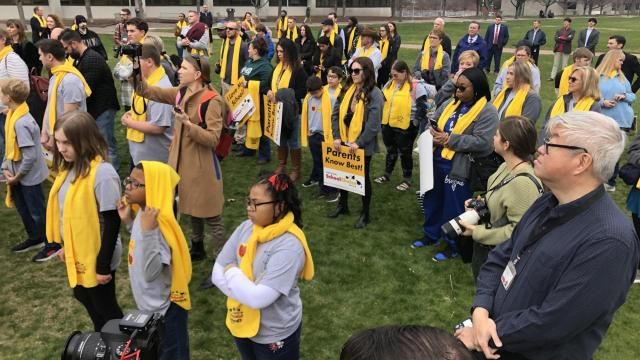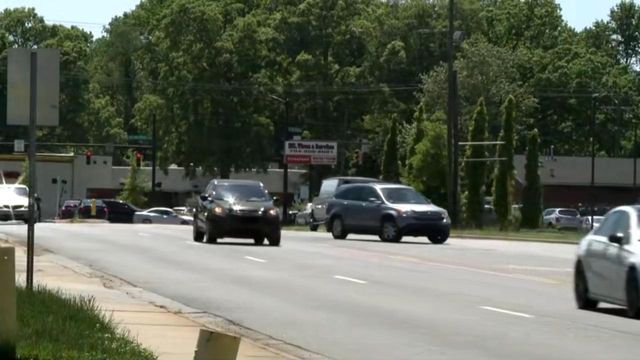NC Republicans look to spend more on private school vouchers, after wealthier families left out

Republican leaders are looking to use the next legislative session to approve potentially hundreds of millions of dollars more on private school tuition vouchers.
Demand for vouchers skyrocketed after Republicans changed the requirements for the Opportunity Scholarship program last year, opening up the taxpayer-funded vouchers to wealthier families, current private school students and others who didn't used to qualify. The program still gives priority to low-income families, and all of those applications were approved, state leaders have said. But many wealthier families were turned down after the program came up $300 million short. It's unclear how many current private school students were among those left out.
When the General Assembly comes back for the short session on April 24, its main goal will be to make any needed tweaks to the state budget. Adding money to the voucher program will be a top priority, House Speaker Tim Moore told reporters on Wednesday.
"There's much more demand for it," Moore said. "There's a lot of parents who want their kids to be attending either religious or private school, and I think the state should step up. We have the money. The savings reserve has money set aside."
The voucher program is deeply divisive along political lines at the state legislature. Republicans say it's good to promote more options in school choice, while Democrats say vouchers will inherently lead to budget cuts for public schools.
Some have also criticized the transfer of hundreds of millions of taxpayer dollars each year to private schools — mostly religious schools — which face few of the same rules for oversight or academic accountability that public schools must abide by. Those critiques have been dismissed by GOP leaders at the legislature. Courts have ruled that using vouchers to fund churches, temples, mosques and other religious entities that operate private schools doesn't violate the constitution.
Moore said Wednesday he wasn't sure if the legislature would fund the entire $300 million shortfall in the voucher program when lawmakers pass tweaks to the state budget later this spring, but that they should have the money to do so if they choose.
Private school families aren't the only ones hoping for more state dollars, however.
There will be fierce competition for any added budget surplus when the legislature returns to session: Medicaid came up about $400 million short, Moore said. There's a push for additional funding for child care programs. Teachers and other state workers will be fighting for higher raises, retired state employees will be fighting for a higher cost-of-living adjustment to their pensions.
And some fiscal conservatives will be pushing to use any surplus to cut taxes further, rather than increasing state spending. North Carolina currently plans to gradually drop the corporate income tax rate from 2.5% now to 0% by 2030. The individual income tax rate will likewise drop from 4.75% now to 3.99% by 2026.













